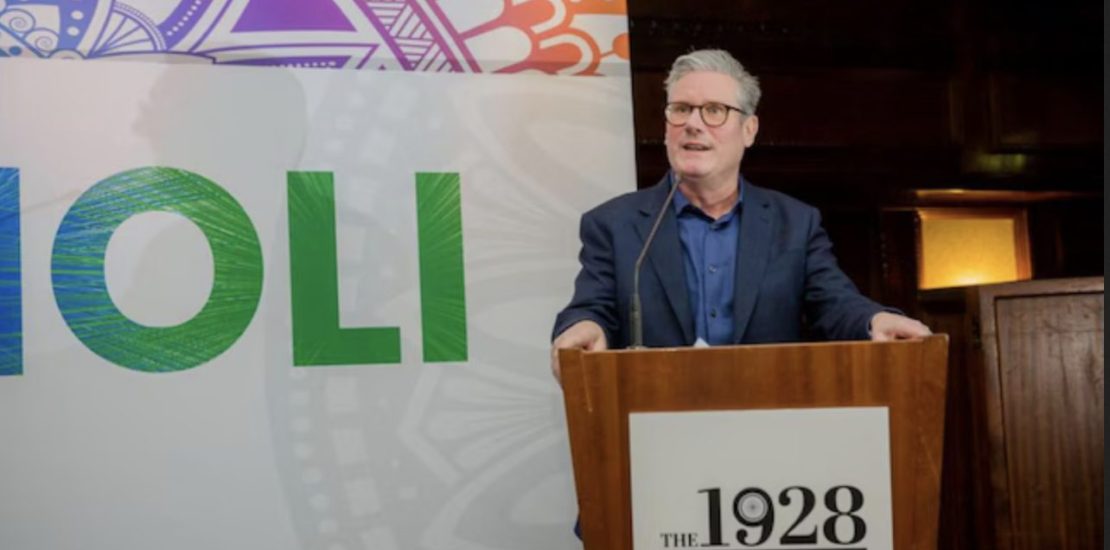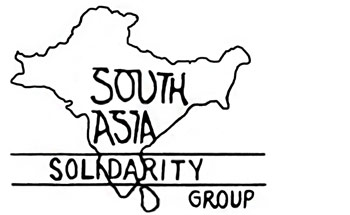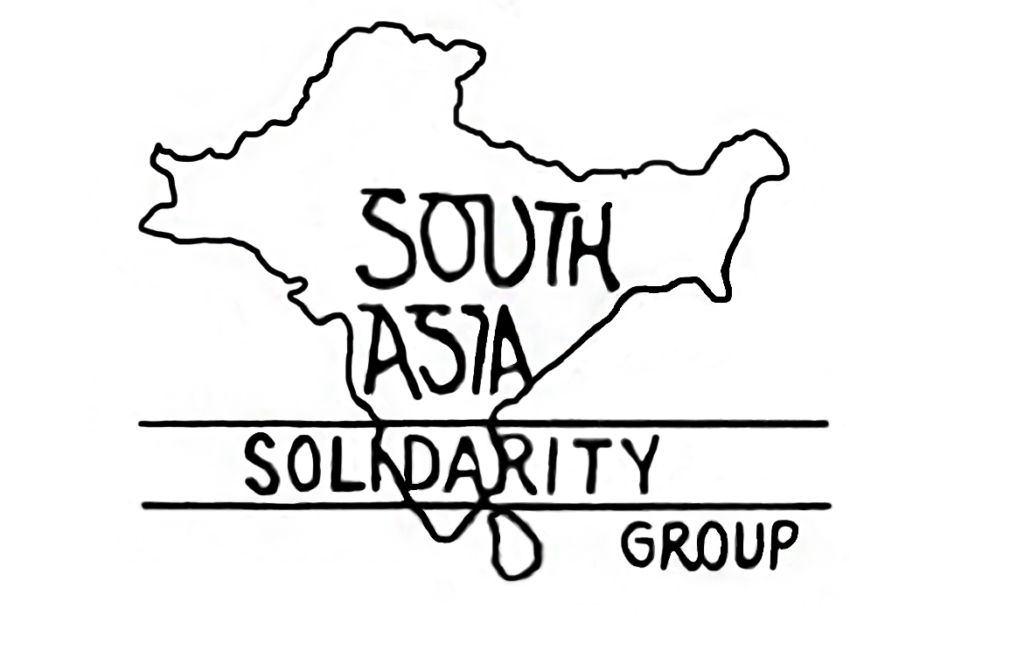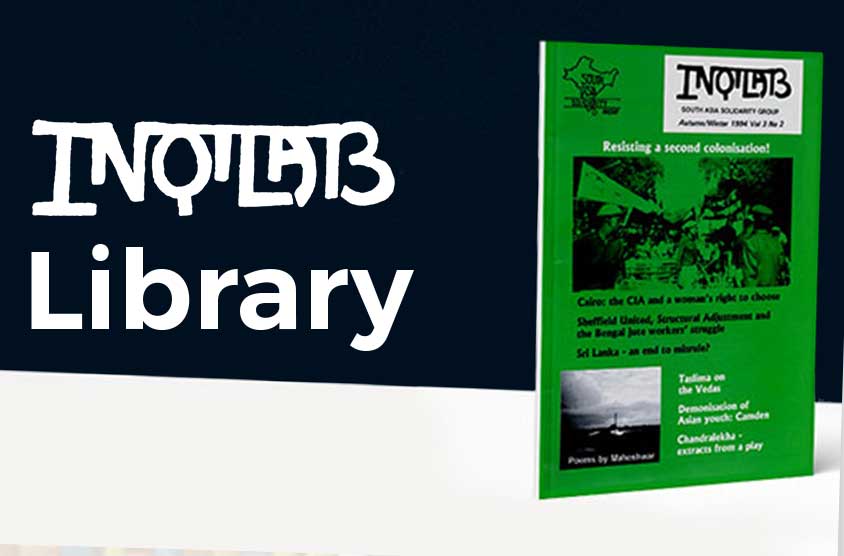Starmer’s government, Hindutva and Islamophobia
- September 4, 2024
- Posted by: kevbha
- Category: News

Keir Starmer being elected as Prime Minister of the UK on 4 July 2024 has deeply concerning implications for the relationship between the UK and Indian governments.
Whilst the Conservative Party have long used their links with Narendra Modi and his BJP-led, Hindu supremacist government to try and build support among the Indian diaspora in the UK – ignoring the fact that many among the diaspora have long spoken out against the Hindu right – Labour under Starmer is no better when it comes to such pandering.
Labour’s manifesto for the 2024 general election stated that they would seek a ‘new strategic partnership’ with India (including a Free Trade Agreement which has been opposed by Indian Trade Unions). Such an approach is in line with Starmer’s repeated previous efforts to distance the party from Jeremy Corbyn’s criticism of the Modi government, particularly Corbyn’s opposition to India’s 2019 siege on Jammu and Kashmir and revoking of Article 370 which represented the limited autonomy of the Kashmiri people.
In the months prior to being elected, several Labour MPs and shadow ministers travelled to India to meet with Indian ministers in an attempt to strengthen the party’s relationship with UK-based Indians, in line with the entirely false assumption that the Indian diaspora are unanimously aligned with the Indian government. These MPs included Navendu Mishra, MP for Stockport and former member of Momentum, a left-wing campaigning group set up to support Jeremy Corbyn following his election as Labour leader in 2015. Despite his apparent left politics, one only has to look beneath the surface to discover Mishra’s Hindutva sympathies: he is a member of the 1928 institute, an organisation centring ‘British Indians’ which once again focuses on ‘navigating the UK-India relationship’ and the supposed prevalence of ‘Hinduphobia’.
As we have previously examined, ‘Hinduphobia’ is a fabricated concept, not a real issue, despite attempts by the Hindu right to equate it with the very real, historic and ongoing issue of anti-semitism (much of the rhetoric around ‘Hinduphobia’ is modelled on the weaponisation of anti-semitism by the Israeli state). Starmer has long been a vocal opponent of ‘Hinduphobia’ and once again mentioned it during a visit to a temple in the run-up to the election. By contrast, Starmer has refused to name Islamophobia – which has been structurally perpetuated by successive British governments for decades since the start of the War on Terror – even in the context of the far-right violence which has taken place across the UK in recent weeks.
The run-up to the election also saw Starmer attending a Holi festival in spring 2024, during which he mentioned both ‘the rich contribution of Hindus across this country’ and ‘the immense contribution that people of Indian heritage have made to our National Health Service’. This implied equating of Hindus and Indians perpetuates the deeply harmful narrative that all Indians in the UK are Hindu, in line with the Modi government’s ongoing persecution of India’s Muslims, Christians, Sikhs, and members of other religions, not least through the Citizenship Amendment Act and National Register of Citizens which together seek to disenfranchise Indian Muslims.
In the days following the election, Starmer also dodged a question from ITV news about the deterioration of Labour’s relationship with British Muslims, stating simply that ‘Many people who never voted for Labour, they voted for Labour for the first time’. The contrast between the attention to the Indian (read: Hindu) community in the run-up to the election and the disregard for Muslim voters is in line with the wider erasure of Indian Muslims as well as the deep-seated Islamophobia within Starmer’s Labour party.
Beyond Starmer’s own actions and those of other ministers, Labour’s wider campaign has also focused both on gaining votes from the Indian community and strengthening ties with the Indian government. A group called Labour Indians, which had been mobilising for Labour in the general election campaign, describes itself on X as aiming to ‘build stronger links between the Labour Party, the British Indian community, and India’. This is not just about Indians in the UK voting for Labour, but also about strengthening relations with the Indian government itself. Such aims completely disregard the fact that many in ‘the British Indian community’ do not feel welcome in Modi’s India, or wish to build stronger links with it; but have in fact been campaigning in solidarity with those on the ground resisting Modi’s repressive state for the past decade. Labour Indians’ chair Krish Raval has previously been published in iGlobal, the ‘exciting new multimedia platform for Global Indians’ – in which he has, of course, written in the name of British Indians about Hinduphobia and how the Labour party should strengthen its links with ‘Dharmic traditions’.
Admittedly, Labour Indians did go beyond Starmer himself in mentioning Muslims in their statement against the UK far-right violence. However, like other Labour-affiliated groups claiming to represent the Indian diaspora before them, Labour Indians has, inevitably, remained entirely silent on the Islamophobia at the core of Modi’s Hindu supremacist regime – in which ministers have openly called for the genocide of India’s Muslim population.
Islamophobia is globally interlinked and recognising the fascistic Islamophobia of the far-right in the UK is meaningless if one refuses to recognise such forces within the Indian government and its affiliates.
We call on Starmer to acknowledge the ongoing resistance to the Hindu right amongst large numbers of the Indian diaspora in the UK, and to finally distance himself, the Labour Party and their campaigning groups from supporters of Hindutva in the UK and Modi’s fascistic Hindu supremacist government.


